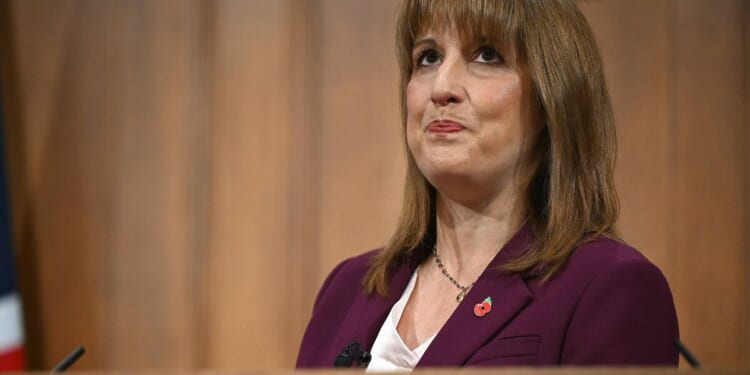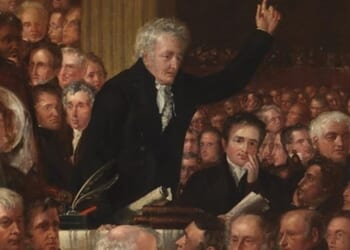Rachel Reeves is reportedly set to freeze thresholds for an additional two years after scrapping her plans to increase income tax in the budget, with the measures due to be announced on 26 November. She may also introduce a new levy on high-value properties.
The Chancellor had been anticipated to raise income tax to address a significant shortfall in her spending plans, suggesting as recently as Monday that the alternative would be “deep cuts” to public investment.
However, she has abandoned this plan, which would have violated a Labour manifesto pledge.
It’s understood that Ms Reeves made a U-turn following improved predictions from the Office for Budget Responsibility, but other tax increases haven’t been ruled out.
Restrictions on salary sacrifice schemes and new measures to tax electric vehicles are still being considered, as the Treasury adopts a “smorgasbord” approach of raising a variety of smaller taxes.
Reports suggest the Chancellor will extend the freeze on income tax thresholds for two years until 2030, a move that could generate around £8 billion annually for the Treasury.
She might also impose a new levy on some of the most expensive homes, primarily affecting properties in London and the South East, according to The Telegraph.
This would reportedly result in 2.4 million of the most valuable properties across council tax bands F, G and H being revalued, with a new, separate surcharge applied to 300,000 of them on top of existing council tax bills.
A Treasury spokesperson stated: “We do not comment on speculation around changes to tax outside of fiscal events.”
Despite the U-turn on income tax, the Chancellor still plans to provide herself with larger fiscal headroom – a safety net against economic turbulence that could impact Government spending plans.
Ms Reeves has been setting the stage for tax increases in recent weeks, including during an early-morning speech on 4 November designed to prepare people for the budget.
Downing Street confirmed on Friday that the essence of the speech remains valid.
The Prime Minister’s official spokesman said: “She was very clear about the challenges the country faces and her priorities in addressing those challenges.
“All of that still stands.”
The spokesman declined to comment on budget speculation, but noted that the Chancellor aims to “build more resilient public finances with the headroom to withstand global turbulence”.
Government borrowing costs increased on Friday as speculation about the change of direction triggered a sell-off in gilts, but the market later stabilised somewhat as the reasoning behind the Treasury’s decision-making became apparent.
Helen Miller, director of the Institute for Fiscal Studies (IFS) think tank, said it was “not unusual” for chancellors to make last-minute changes to their Budget plans.
She added: “But the news that Rachel Reeves has backed away from a plan to increase the rates of income tax will lead investors to worry that the Chancellor will instead increase a range of smaller taxes that can be more damaging to economic growth.
“They may also worry that the change of plans signals that this Government are reluctant to do politically difficult things.
“These are the kinds of concerns that can lead investors to demand higher returns when lending to the Government.”
Should the Government opt to raise a series of smaller taxes, they ought to be reformed “so that they do less damage to growth”, the IFS chief said.

















